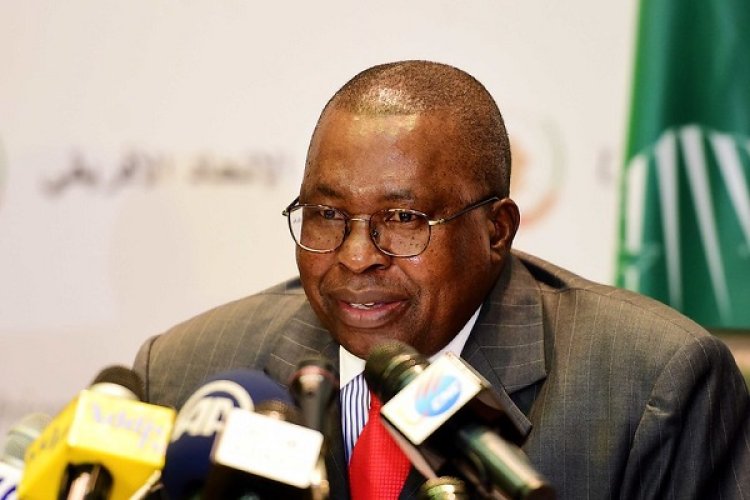Djibouti, Zambia and Zimbabwe have become the latest African countries to allow individual traders and businesses to transact across borders using national currencies after the trio joined the new continental payment and settlement platform, Rwanda Post has learnt.
Dubbed the Pan-African Payment and Settlement System (PAPSS), the platform had been operational under a pilot phase in the West African Monetary Zone countries, enabling traders in Nigeria, Ghana, Sierra Leone, Liberia and Gambia to complete cross border business transactions seamlessly.
The system, for instance, allows a Nigerian buyer who orders products from Accra to make payment in Naira while the Ghanian seller receives the equivalent in Cedi.
Its expansion to other parts of the continent involves seeking buy-in from respective countries’ banking sector regulators and financial institutions.
Proponents of the initiative say that once operational in all African counties, it would see the continent retain much of the costs incurred in use of traditional payment systems, estimated at over $5 billion annually.
The latter is the amount of money paid by traders on the continent in form of settlement charges and fees while doing routine business transactions across borders under the existing payment systems which involve using third currencies such as the dollar, euro or pound, and mostly through intermediary banks that are based on other continents.
“In West Africa where the project was piloted all central banks are fully involved and are able to mobilise private commercial banks. In countries like Nigeria and Ghana, they are able to a do as many as a hundred transactions on daily basis,” Albert Muchanga, African Union (AU) commissioner for trade and industry, told Rwanda Post on Monday.
ALSO READ: The not so visible barriers to trade and why we are not e-buying
Mr. Muchanga who represents the AU on the governing council of PAPSS confirmed that the platform has already expanded beyond West Africa to East and Southern Africa with Djibouti, Zambia and Zimbabwe having come on board already.
“As the year goes on we expect more AU member States to be part of the system,” he added.
In West Africa where the project was piloted all central banks are fully involved and are able to mobilise private commercial banks. In countries like Nigeria and Ghana, they are able to a do as many as a hundred transactions on daily basis.
Albert Muchanga, African Union (AU) Commissioner for Trade and Industry
Lack of a central payment infrastructure on the continent had been singled out as an impediment to the growth of intra-continental trade with a chunk of the generated value benefiting non-African markets through settlement and transfer charges due to reliance on third currencies.
Market players and observers say PAPSS’ continent-wide rollout would make it possible for individual traders and companies to transact instantly in over 40 currencies used by the countries, effectively cutting cost, time and losses associated with fluctuating foreign currencies’ value.
The move also further bolsters intra-continental trade activity especially following the operationalization of the continental free trade market (AfCFTA).
ALSO READ: Made in Africa: States work to harmonise standards, rules of origin requirements
“While PAPSS may not solely be the intra-African trade messiah that African countries hope for, its introduction is set to unlock a new dispensation of economic intersection for small and medium-sized enterprises across Africa because if money can move easily, trade will follow, and economic growth is guaranteed,” opined three lawyers at the Nigeria-based law firm, G. Elias&Co., in joint paper titled PAPSS and the Future of African Trade, dated January 2022.
PAPSS is spearheaded by African Export-Import Bank (Afreximbank), the African Union Commission and the AfCFTA Secretariat.
Projections show the system will be rolled out in five regions of Africa before the end of 2023, while all central banks and commercial banks are projected to be signed up by end of 2024 and 2025 respectively.
ALSO READ: Intra-Africa trade could boost resilience to crises, unlock $22bn export potential




